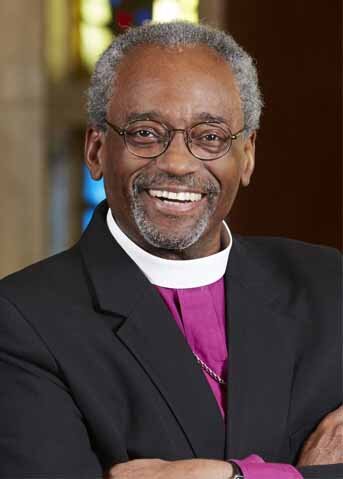A look at the book Seeking Allah, Finding Jesus: A Devout Muslim Encounters Christianity
/by Anne Moore
Seeking Allah, Finding Jesus is the first-person account of a young man growing up an American Muslim, and his slow conversion to Christianity. Nabeel Qureshi starts right off in his introduction by listing his three purposes for writing the book. In brief, they are to:
(1) tear down walls by giving non-Muslim readers an insider's perspective into a Muslim's heart and mind;
(2) equip readers with facts and knowledge, showing the strength for the Gospel’s case in contrast to that for Islam; and

(3) portray the immense inner struggle of a Muslim grappling with the Gospel, including the doubts and sacrifices.
This is a wonderful story of the ways God drew Qureshi to Himself, in particular by sending a close friend to slowly walk with him through an eight-year struggle with scripture, history, and studies of the Quran and other Muslim writings. Qureshi meticulously works his way through each of his obstacles to the Christian faith while facing up to the untruths he had been taught.
The book reads like Lee Strobel's books—logical, methodical, and, sometimes, a bit dry. However it is well worth the time to read.
__________________________________
Nabeel Qureshi is an itinerant speaker with Ravi Zacharias International Ministries as well as bestselling author of Seeking Allah, Finding Jesus. Since completing his medical degree in 2009, he has dedicated his life to spreading the gospel through teaching, preaching, writing, and debating. You can read more about his book, and view an astonishing number of positive reviews, at Christianity Today published Qureshi's story in an article entitled Christ Called Me Off the Minaret.


















